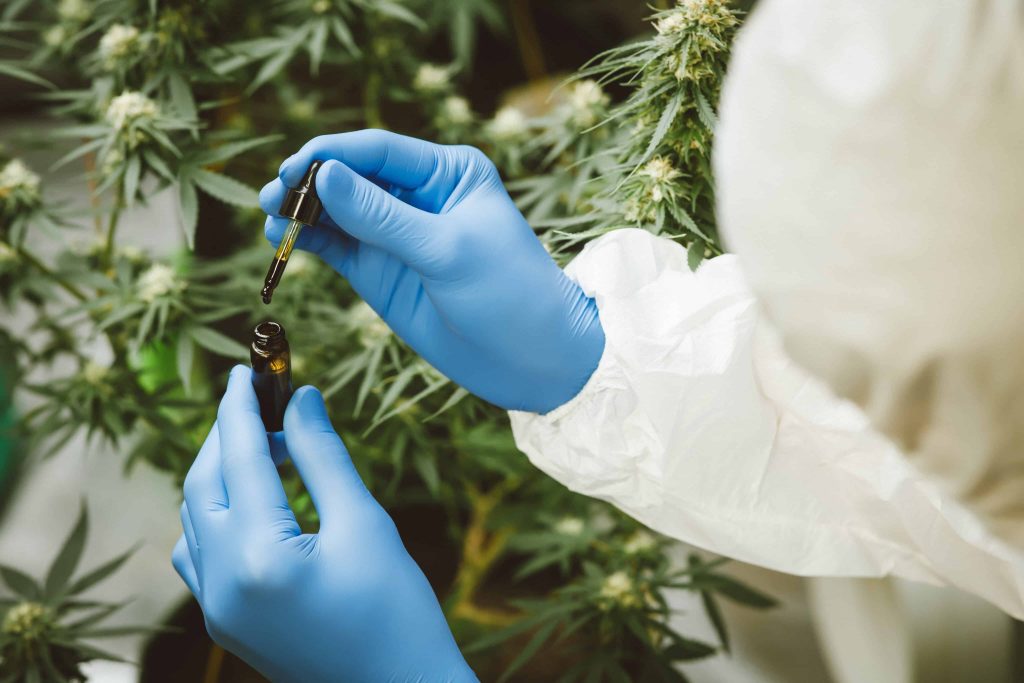
The Shocking Truth About THC Metabolites: They’re Still Active and Potent
The Shocking Truth About THC Metabolites: They’re Still Active and Potent
New data suggests that the primary THC metabolite found in urine and blood, 11-hydroxy-THC, may be just as potent as THC, if not more. This revelation raises more questions than answers, according to a recent study published in The Journal of Pharmacology and Experimental Therapeutics.
The study, titled “The intoxication equivalency of 11-hydroxy-delta-9-tetrahydrocannabinol (11-OH-THC) relative to delta-9-tetrahydrocannabinol,” reveals that THC metabolites remain active in the body. As THC is broken down and processed, it creates new and intriguing compounds.
“In this study, we establish that the primary metabolite of THC – 11-OH-THC – displays equal or greater activity than THC in a mouse model of cannabinoid activity when directly administered, even when accounting for route of administration, sex, pharmacokinetic, and pharmacodynamic differences,” the study reads. “These data provide critical insight into the bioactivity of THC metabolites that will inform the interpretation of future cannabinoid research and represent a model for how THC consumption and metabolism may affect cannabis use in humans.”
The study was conducted by Canadian researchers in Saskatchewan, including Ayat Zagzoog, Kenzie Halter, Alayna M Jones, Nicole Bannatyne, Joshua Cline, Alexis Wilcox, Anna-Maria Smolyakova, and Robert B Laprairie. The researchers observed male rats and injected them with 11-hydroxy-THC, comparing its effects to its parent compound, delta-9 THC.
The researchers continued, stating that “these data suggest that 11-OH-THC was 153% as active as THC in the tail-flick test of nociception, and 78% as active as THC for catalepsy. Therefore, 11-OH-THC displayed equal or greater activity than the parent compound THC, even when accounting for PK differences. Thus, the THC metabolite 11-OH-THC likely plays a critical role in the bioactivity of cannabis; understanding its activity when administered directly will aid in the interpretation of future animal and human studies.”
NORML reports that 11-hydroxy-THC is one of two primary metabolites formed following cannabis consumption, along with 11-nor-9-carboxy-THC, which is not psychoactive and may linger in the bloodstream or urine for long periods of time.
According to the Centers for Disease Control and Prevention (CDC), urine tests for cannabis consumption have primarily focused on detecting 11-nor-delta-9-tetrahydrocannabinol-9-carboxylic acid (9-carboxy-THC), a metabolite of delta-9-THC, the main active component of marijuana.
Interestingly, edibles produce higher levels of 11-hydroxy-THC compared to smoking cannabis flower, despite the fact that smoking produces a faster onset of effects. NORML explains that this is one of the reasons why cannabis-infused edibles can have a stronger psychoactive effect and potentially lead to adverse reactions.









